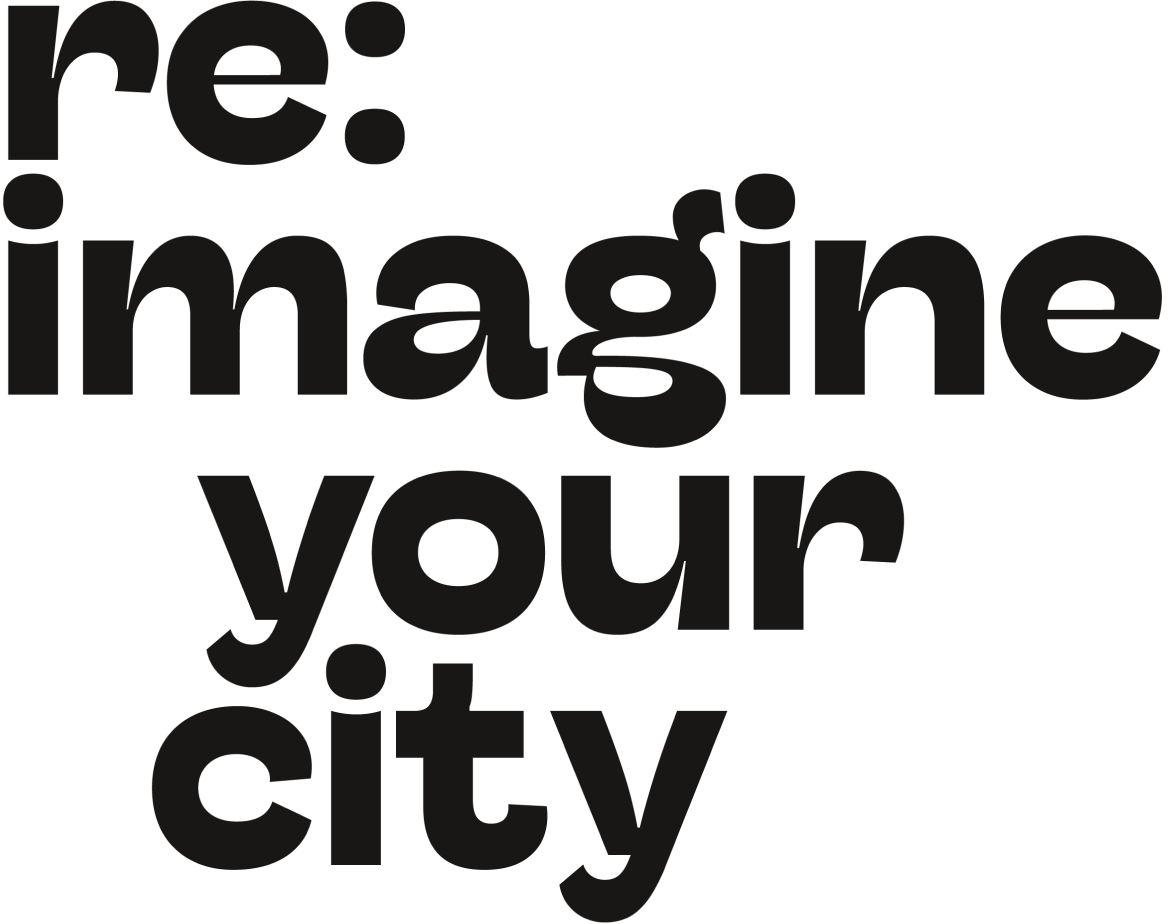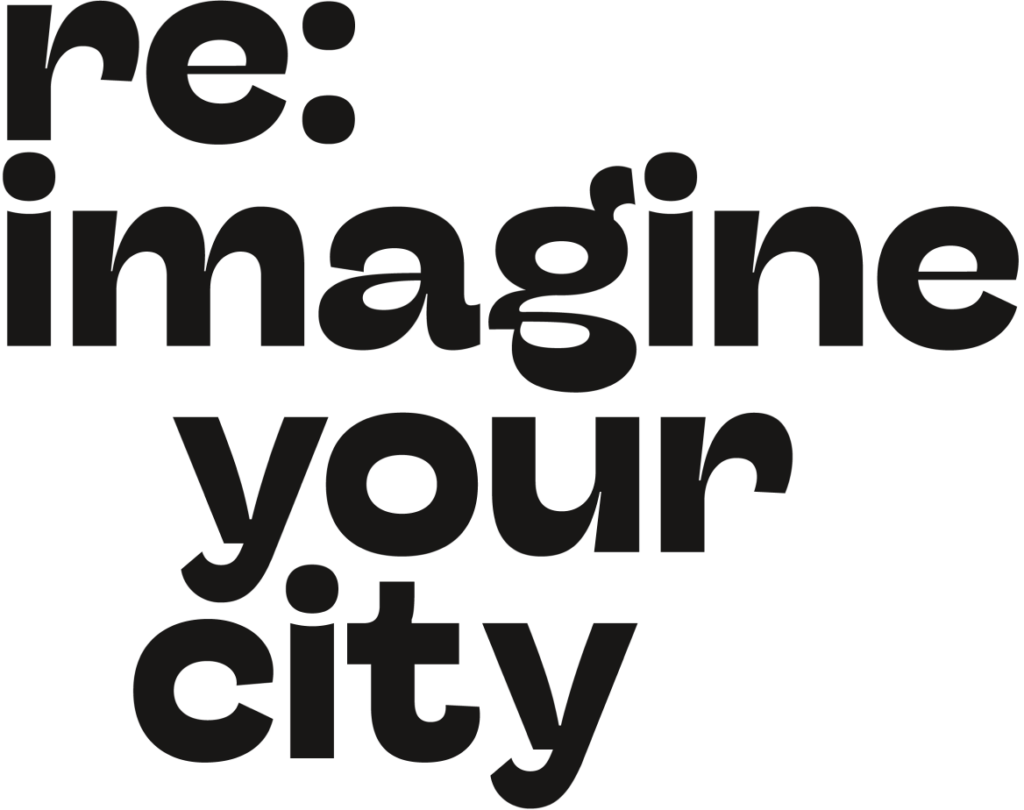Healing Garden: From Industrial City to Urban Healing
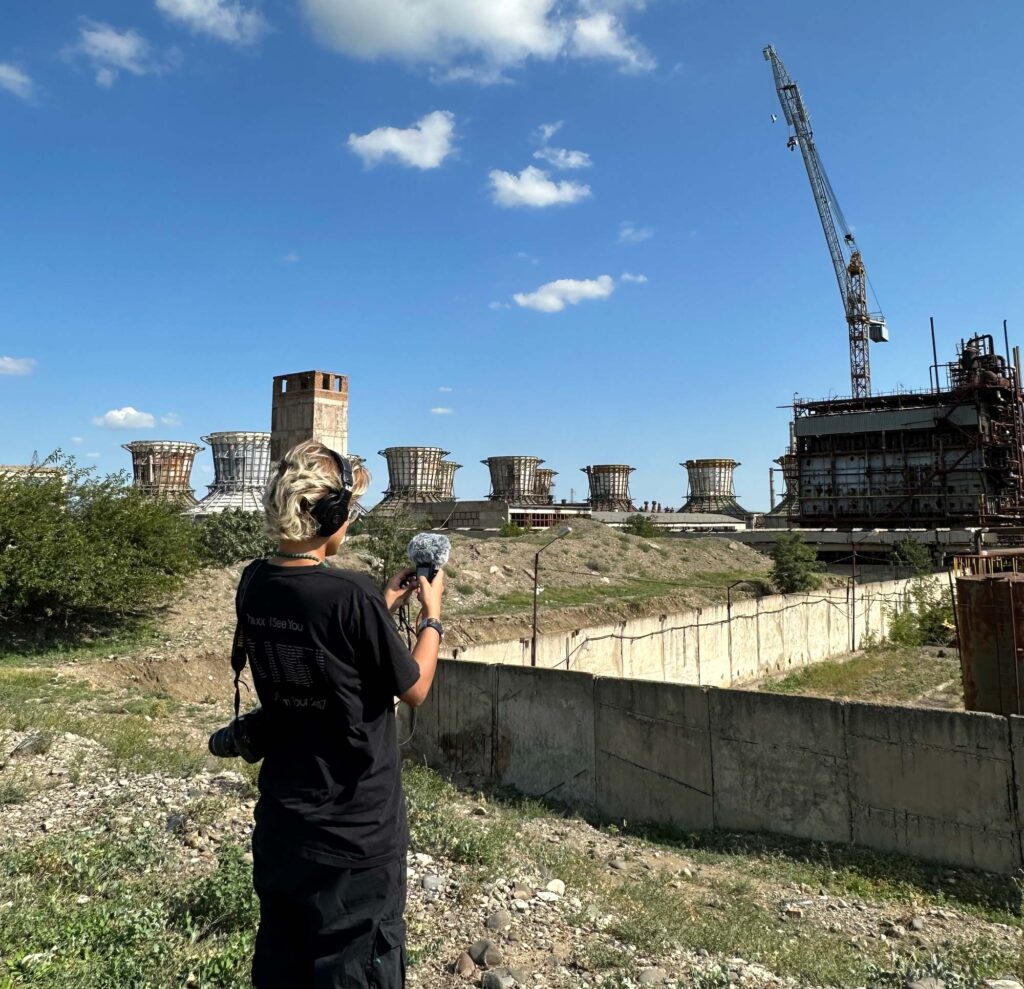
The immersive audio walk takes on a journey through Rustavi, a Georgian city with a rich history and a unique industrial legacy. Participants are invited to explore Rustavi’s past, its struggles with air pollution, economic challenges, and the therapeutic potential of urban environments. The first episode unfolds at the Rustavi metallurgical plant, where we delve […]
Details of Dolne Miasto: Public Archive of Traces
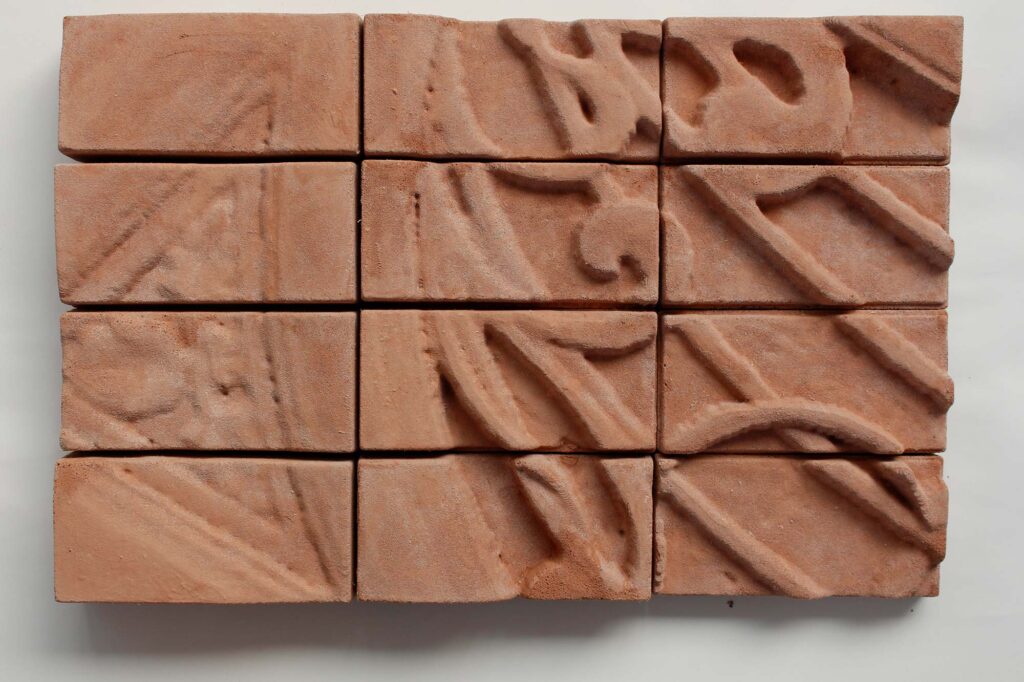
The project serves as a documentation of reflections and explorations into the visual identity of the Dolne Miasto neighborhood in Gdansk and the remnants of its industrial past. It attempts to capture the ongoing transformation within the area. Wanting to preserve certain architectural moments, Julia created some kind of public archive with its traces. In […]
Alter Leipziger Bahnhof – Traces of the Invisible
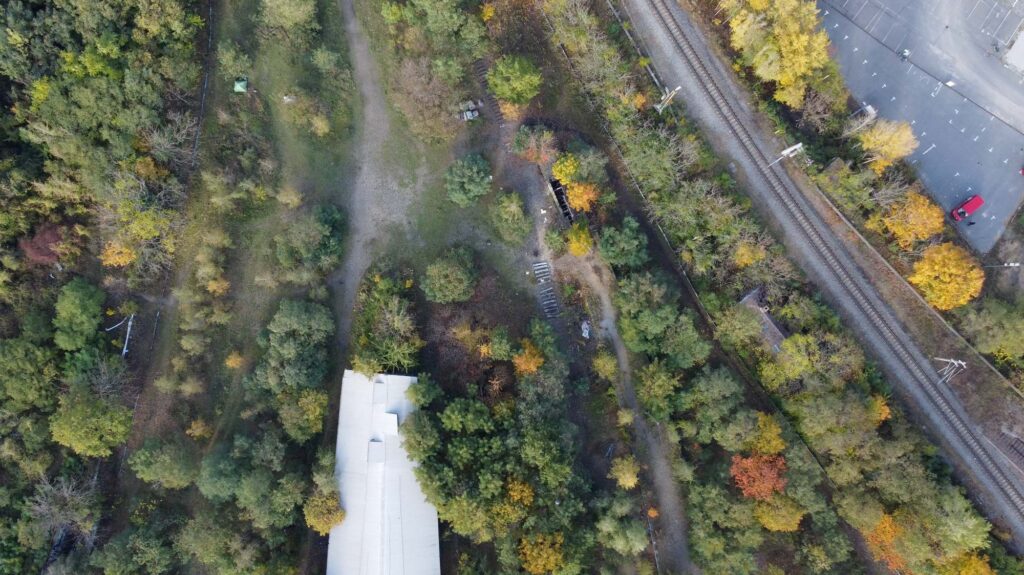
The unused Leipzig train station, located in the city center and spanning 27 hectares, is a site of contention. The objective of the project is to amplify the voices of the often overlooked groups that have maintained the area for the last three decades. The goal is to bring attention to the site itself, highlighting […]
Urbanization: Architecture in Action
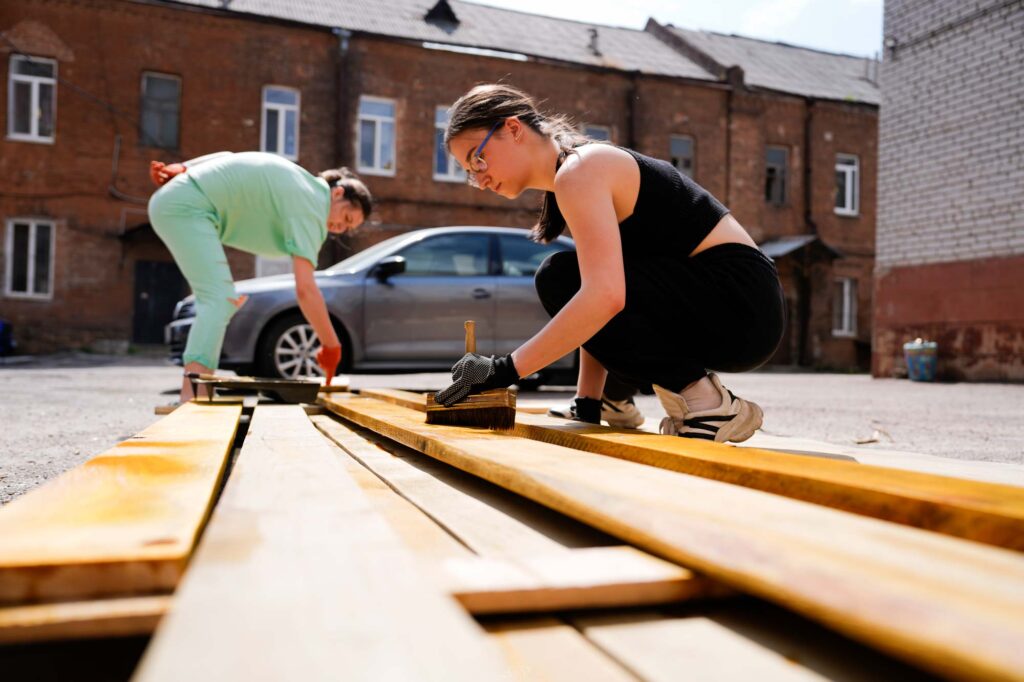
The students of the Zaporizhzhia Polytechnic ventured outside the university walls to create a lively and welcoming public space, simultaneously laying the foundation for an active youth community in architecture and urban planning. Zaporizhzhia, Ukraine, faces several challenges in architecture and urbanism. The city lacks suitable avenues for informal architectural education, and there is a […]
What is your radical act of care?
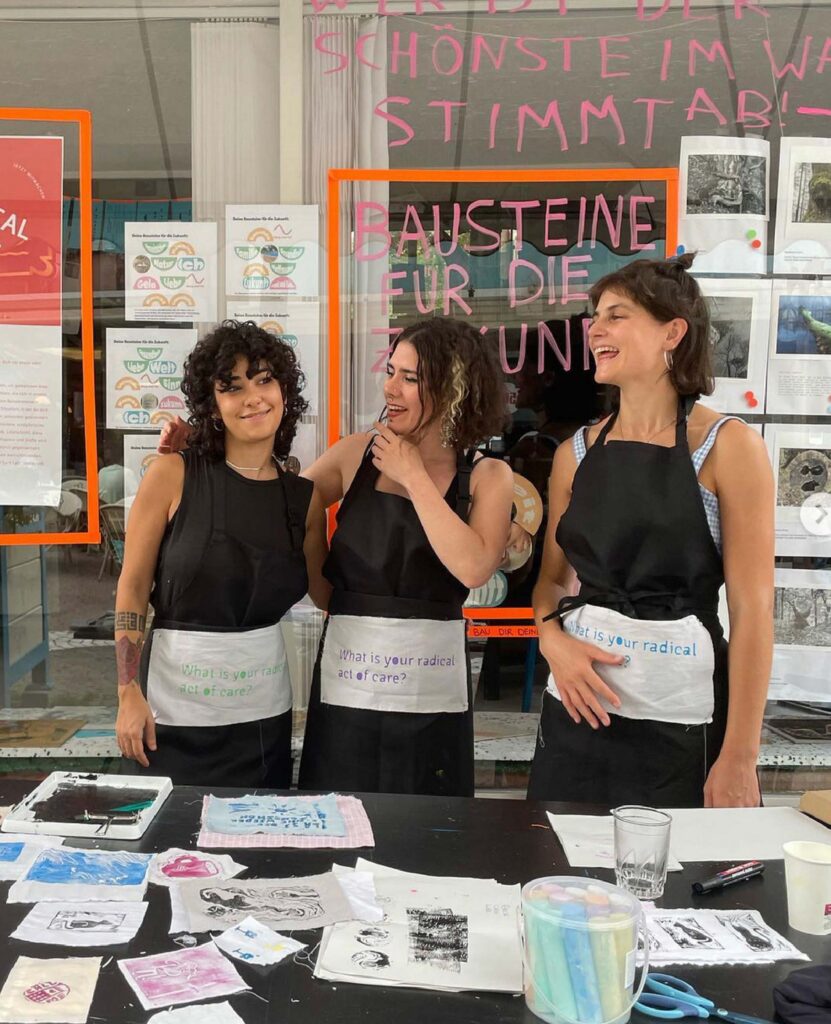
The artistic laboratory initiated a continuous, experimental and participatory process including artistic interventions, discussions and workshops, to rethink and reclaim space for care in public realm. Manifesto In a system of oppression, specifically a capitalist, cis-hetero patriarchal, white supremacist one, which systematically builds a hierarchy of discrimination against our bodies — racialised, classified and genderizes […]
Backpack Participation: mobile kit
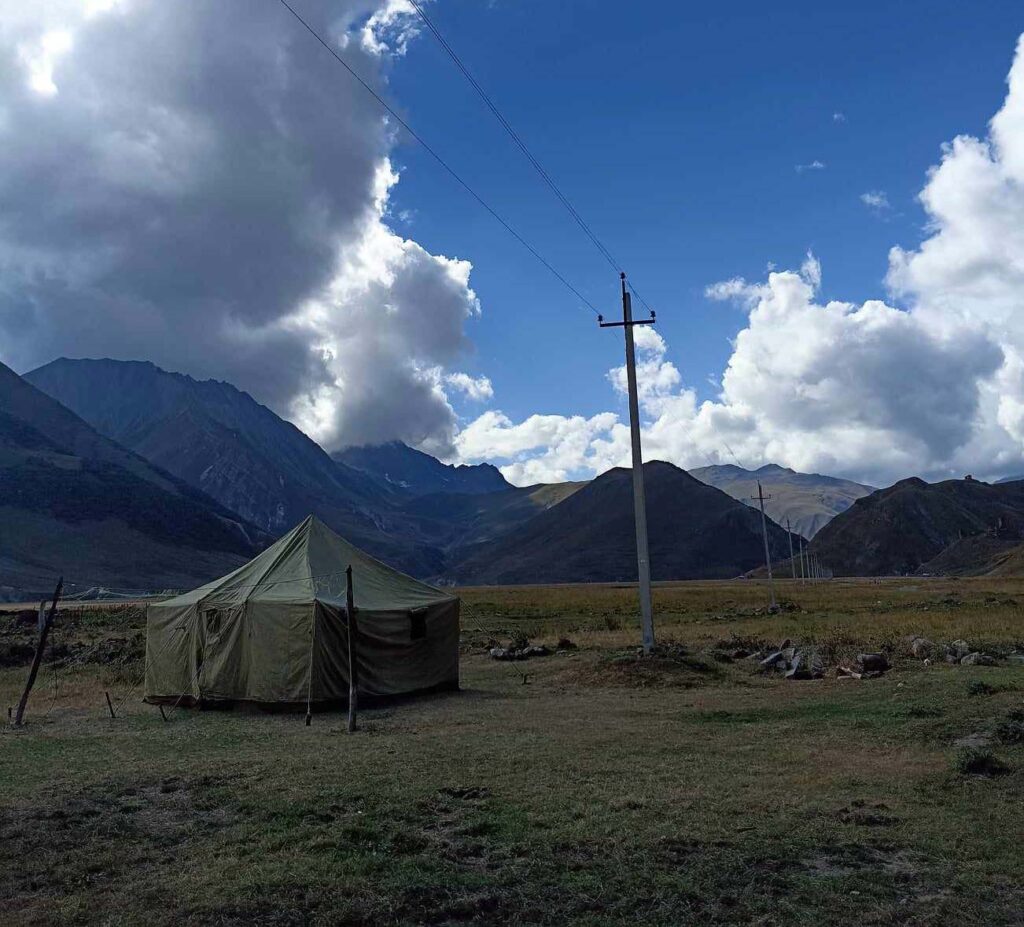
Developed and tested in the mountainous region of Kazbegi, Georgia, the toolkit for mobile workshops demonstrates that participation can occur anywhere, from mountains and fields to urban streets, parks, and playgrounds and that any place can be transformed into spaces for sharing, discussions, and even workshops. Kazbegi, a mountainous municipality in Georgia, faces its fair […]
PUBLIC-US: Wem gehört die Stadt? Who Owns Who?
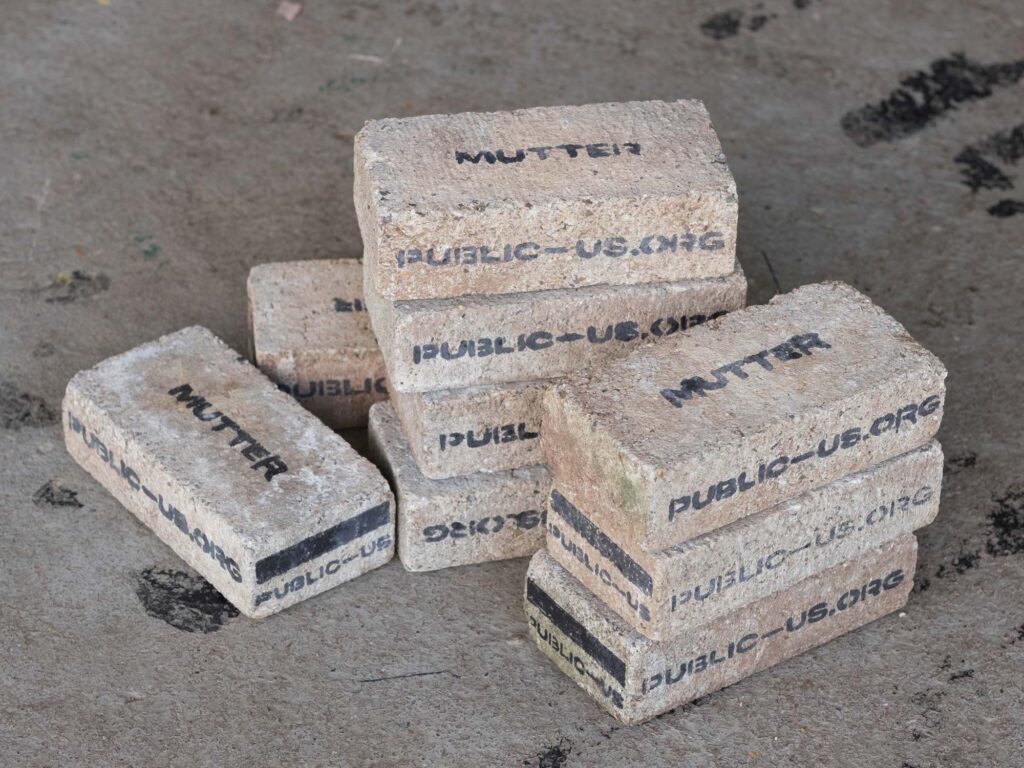
Which monuments are present in the city? Who do they represent? Who is not represented? The educational art project PUBLIC-US invited young people in Freiburg to map these monuments and design their own statues for public space. The project was created by Catherin Schöberl (artist and educator), Christoph Matt (eco-social designer) and Helena Schwär (art […]
Parklet on Jagiellońska street
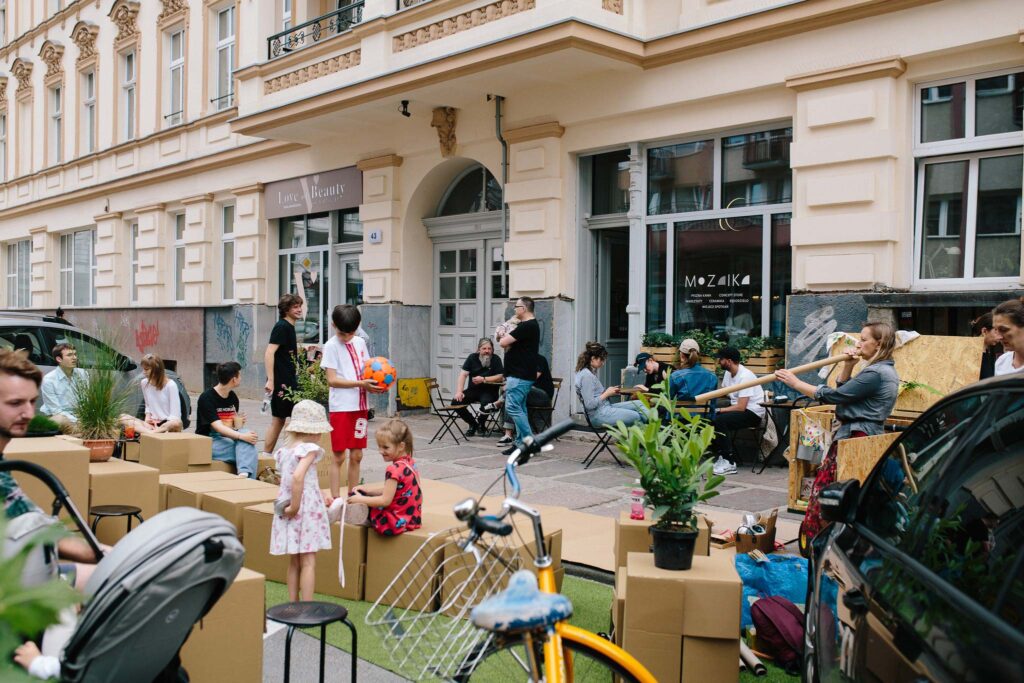
The 20-hour weekend intervention in the heart of Szczecin’s downtown aimed to challenge conventional parking practices and reimagine these areas as vibrant public spaces accessible to families, cyclists, and groups of friends. For June 17-18, 2023, Jagiellońska street in Szczecin, typically congested with parked cars, witnessed an inspiring community effort to reclaim and repurpose public […]
Holes for sale – on contemporary city planning in Berlin

The following article begins with a description of a particular type of hole, one familiar but hidden in plain sight: the Euro hole. The Euro hole is a small slit at the top of product packaging. Mostly used in retail, this hole allows items to be hung in shops. Suspended in front of customers, items […]
Publicness as Practice
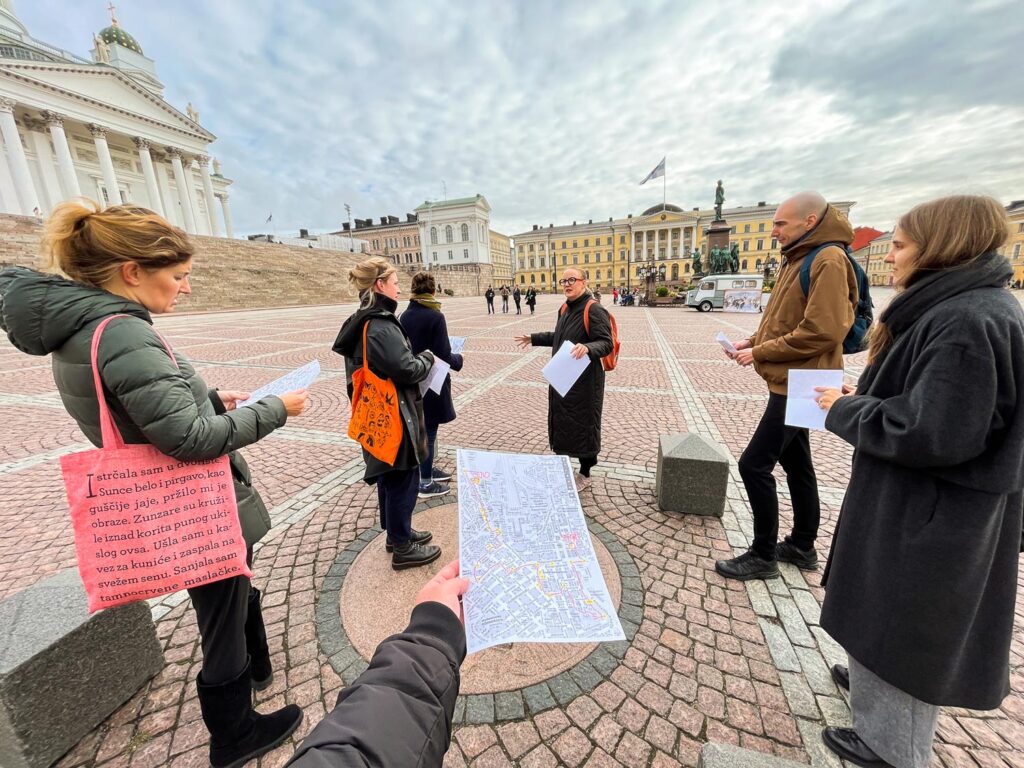
“Is this solidarity? Is this collaboration? Is it support? Charity?Are these acts to feel good about myself?” – Leonardo Custódio, Does it ever end? These questions by Leonardo Custódio, an Afro-Brazilian educator and activist researcher, fell into my hands at the end of a year of exchanges on publicness, and though they are largely concerned […]
